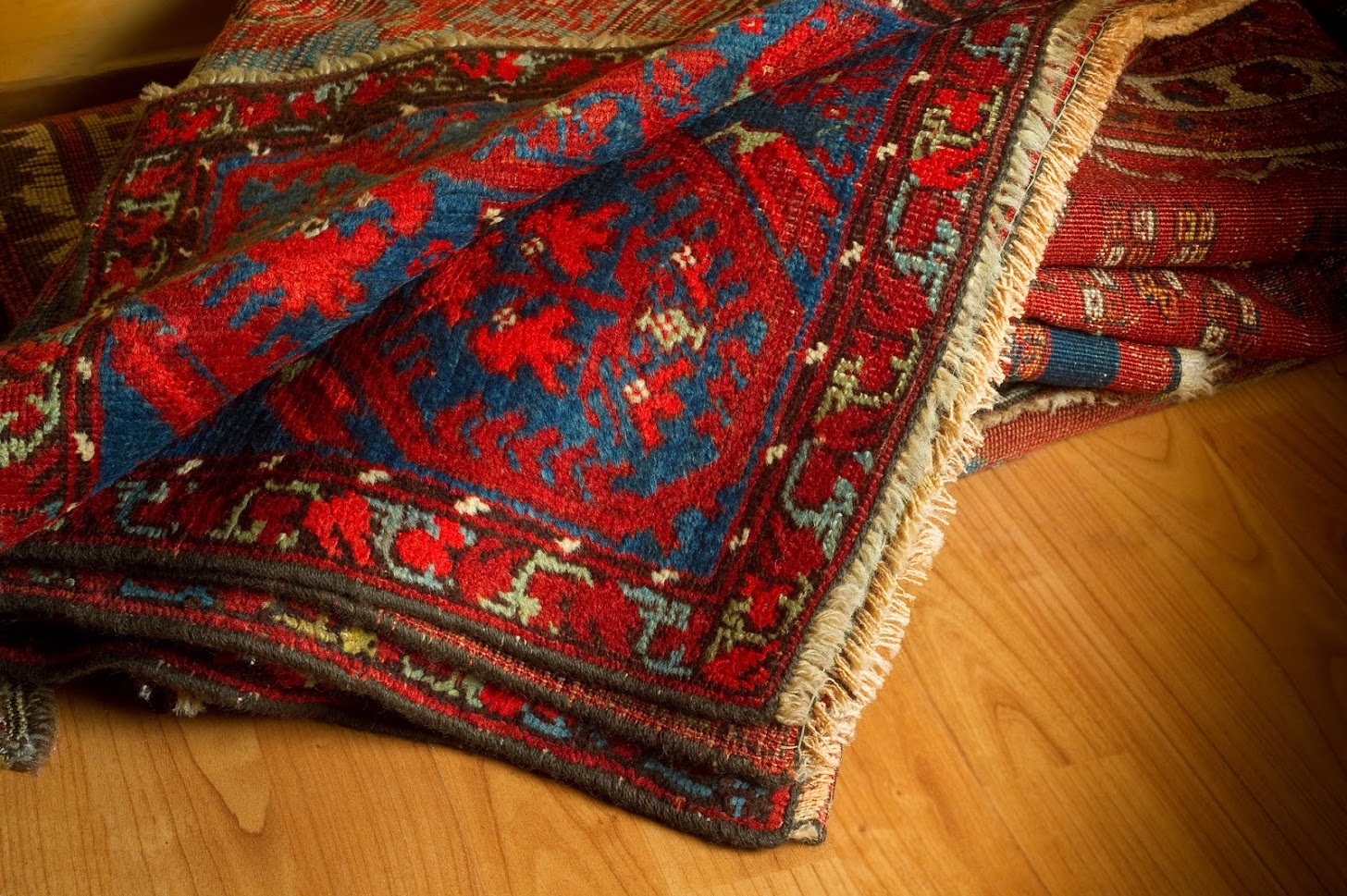The Not-So-Obvious Summer Storage Picks
What should you store over the summer months? Even though Christmas decorations, snow shovels, and sleds are obvious options, you can store so much more. If you need to de-clutter your space this summer, take a look at the not-so-obvious seasonal picks to store.
Expensive Area Rugs
Heirloom area rugs and Oriental carpets add beauty and elegance to your home. But dirty sandals from days spent at the park and chlorine-filled footprints for poolside afternoons can damage expensive area rugs. Save your precious flooring and store it for the summer.
Not only will an off-site storage unit keep these rugs safe from dirt, debris, and water, but it can also reduce the risks of sun and light damage. If your home is humid in the summer, storage can also decrease the chances of mildew or mold growth.
To store area rugs:
- Determine which side is stronger. Roll the rug with the weaker side facing in. If this is the pile (the soft side), start with the rug facing up. But if this is the backing, you’ll need to turn the rig over first.
- Place a roller on the rug. Use an acid- and dye-free tube roller to guide and support the rug as you roll and store it. Place the roller on the far side of the rug.
- Use a leader sheet. Muslin, cotton sheeting, or acid-free tissue can help you start the rolling process. Make sure the sheet is the same width as the rug and length as the roller. Place the sheet onto the roller and begin rolling. The rug will catch as your roll.
- Roll the rug. Continue to the roll the rug. You may have to slightly adjust it to get an even roll.
- Cover the rug. Place another sheet of muslin (or a similar material) around the rug and tuck it into the ends. Use excess muslin or polyester twill tape to secure the rug.
After the rug is ready, you can place it into the storage unit. Never pile boxes or other items on top. Other for-storage items can crease or damage the rug over time.
Some Electronics
Your college-aged child won’t need their computer during the summer and you want to limit your younger child’s screen time. With the warm summer weather, electronics may lose their priority status in your home. If your family trades screens for summer sun in the warm weather, consider self-storage.
To store electronics over the summer months:
- Remove cords and accessories. Before you store your electronics, remove cords, microphones, speakers, and other accessories. Place these items into a plastic zipper baggy, label what each bag includes, and store the cords near or with the electronic device.
- Reuse original packaging. If you have the original packaging, reuse it for self-storage. Ideally, you’ll still have everything that initially came in the box. This includes protective covers, Styrofoam, or other packing inserts.
- Consult the manufacturer’s instructions. Read the product manual and follow all manufacturer’s storage directions—especially if you need to disassemble parts or accessories.
- Cushion the item. If you don’t have the original packaging, use bubble wrap or a similar protective cushion to prevent mid-move or in-storage damage. Pack the box or bin tightly. Add extra material to the sides or top to prevent excess movement.
Like rug storage, never place anything on top of your electronic devices. The constant pressure of a box, bin, or bag could damage the delicate device.
Space Heaters
The summer heat provides plenty of warmth — without the use of an electric appliances. Avoid excess clutter and store your space heaters in an off-site facility. To safely store a space heater:
- Unplug the heater. Cut off the electricity supply before you prepare for storage. If you recently used the heater, allow it to completely cool before you begin to pack. Never pack or store a hot or warm space heater. This poses a serious fire hazard.
- Inspect the heater. Look for loose parts, frayed plugs, or anything else that could pose a safety threat. If your heater is beyond repair, discard it properly. You don’t need to store items you won’t use again.
- Consult the manufacturer’s instructions. Always follow the manufacturer’s directions for safe storage. Failure to do so could damage the appliance or create a safety risk.
- Use original packaging. If you still have the appliance’s original box and filler packaging, use this to keep the space heater safe in storage.
Create a separate space to store smaller home appliances in your rental unit. Label the space heater and place it in the appliance area. Again, like with rugs and home electronics, never store other items on top of a space heater. This could damage the appliance during the summer months.
Do you need to rent a self-storage unit? Contact North Star Mini Storage for more information.



